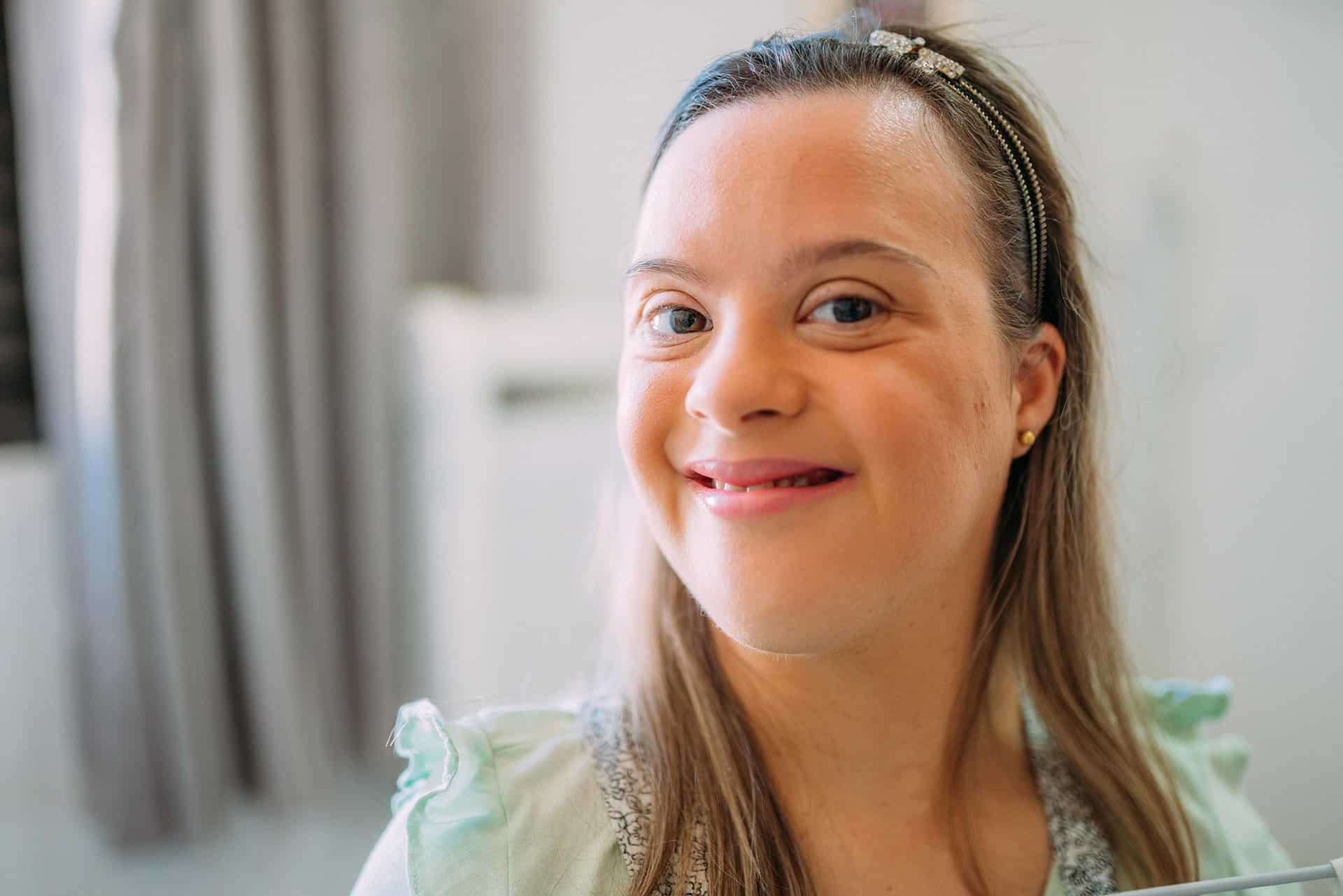Imagine if someone asked you about your life. They’d want to know about your needs and wants, your goals and interests, your frustrations, and the things you’d like to see changed. You have plenty to say, but before you can open your mouth to speak, someone else chimes in. They share your experiences, both positive and negative, adding their own flair and interpretation in the process.
While what they say may (or may not) be true, they’re taking the words out of your mouth, implying that you’re incapable of speaking for yourself. This can make you feel frustrated, overlooked, ignored; stripped of your agency. Maybe you feel like you’re losing control over your own life. Maybe they got your story wrong. They may understand the generalities of your life, but they’ve drained it of nuance. There are things they’ve missed—or perhaps intentionally ignored. Simply put, they’re not you…so why are they speaking for you?
Speaking Up and Speaking Over
This story is just a glimpse into the life of a person belonging to a marginalized community. As much as advocates from outside the disability community are appreciated and necessary, it’s also vital for those personally affected to be able to speak for themselves. The truth is that being able to advocate for oneself is an essential skill that everyone should practice, and it’s especially relevant for those who often get spoken for or overlooked entirely.
Unfortunately, people sometimes assume that individuals with disabilities are unwilling or unable to speak for themselves. A well-meaning family member, caregiver, or professional may even try to act as their voice, becoming their advocate by proxy. And while people with disabilities need to get the care this advocacy can afford them, it also chips away at their sense of agency and eliminates opportunities for them to advocate for themselves.
The Importance of Self-Advocacy
Like so many other things in life, self-advocacy is a skill—one that requires time and practice to master. And advocating answering questions on behalf of their disabled peers is only one part of the equation: what happens when no one asks at all? In these cases, it’s crucial for people with disabilities to be able to speak up on their own behalf—without prompting or assistance.
Self-advocacy is a highly personal means of self-determination, and it can mean different things to different people. It can mean choice, independence, power, confidence, and self-esteem. It can be the difference between yes and no. It can be as simple as ordering a cup of coffee at a local cafe or asking a doctor for a change in medication.
According to Jackie Downer, a British IDD self-advocate, “having a voice of your own has the power to construct your identity.” For individuals with IDD, being able to harness this power is an invaluable tool.
That’s why New York’s Independent Living Association is proud to offer vital services to individuals with IDD, where they can learn and practice self-advocacy skills. It’s all a part of building a stronger, brighter future together!

































































